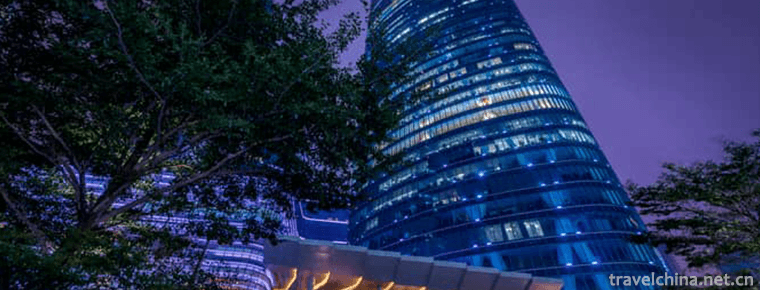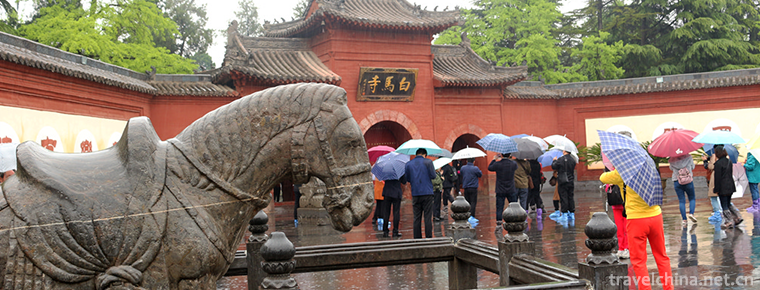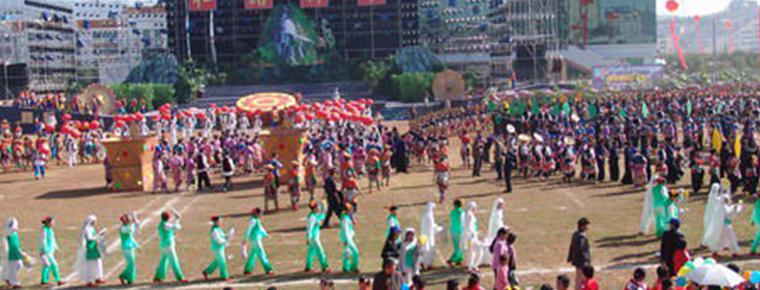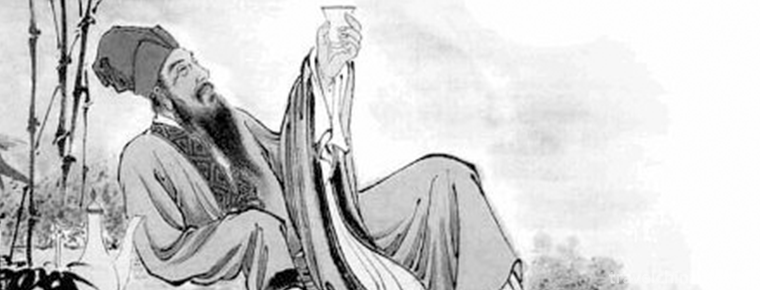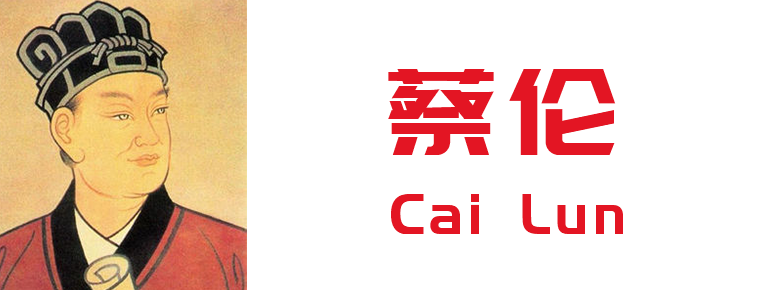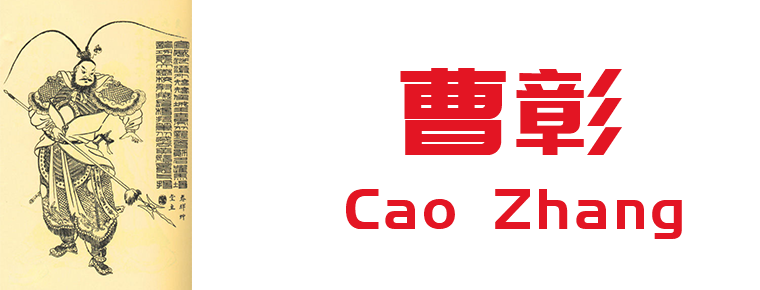North China University of Technology
North China University of Technology
North Polytechnic University was founded in 1946. Its predecessor was the National Beiping Advanced Industrial Vocational School. It was renamed Northern Polytechnic University in 1985 and has been mainly managed by Beijing since September 1998. After seventy years of vicissitudes, it has gradually developed into a multi-disciplinary higher education institution with a bachelor's degree, a master's degree and a doctor's degree. The school is located in the west of Beijing, east of the Five Rings, north of the West Hill, covering an area of nearly 500 mu, building area of more than 400,000 square meters. The campus is clean and elegant, with pleasant scenery and over 50% green area. It is one of the ten best beautiful campuses in Beijing.
Gathering Talents
There are more than 15,000 students in the school, including more than 10,000 full-time undergraduates, more than 2,000 graduate students, more than 3,000 adult higher education students and more than 600 overseas students. There are more than 1000 teachers, including one double-hired academician, seven high-level talents such as the National Thousand-Person Plan and the Ten Thousand-Person Plan, one excellent teacher in the whole country, 26 experts who enjoy special allowances from the State Council Government, and two experts who have made outstanding contributions in Beijing. It has been awarded by excellent teachers and educators at Beijing level, and has been awarded the title of famous teacher for teaching for nearly 50 times. More than 300 high-level talent projects at Beijing level have been approved. There are 24 academic innovation teams and excellent teaching teams at Beijing level.
Teach students in accordance with their aptitude
"Teaching students in accordance with their aptitude, quality first, and all-round development" is the school's educational characteristics. The school implements the flexible credit system and establishes the training system of "layered teaching, diversion training and classified talents", which fully meets the needs of students'self-study, all-round development and personalized talents. The school has established a practical teaching concept with the core of improving students'engineering practice ability, engineering design ability, employment ability and the cultivation of scientific and technological innovation and entrepreneurship ability. The school is an innovative experimental area of national talent training mode and a "Excellent Engineer Education and Training" Institute of the Ministry of Education. The school has the qualifications of exemption from examination for postgraduates and admission for high-level baseball and softball players.
Multidisciplinary Development
The school has 11 colleges, 20 departments and 48 undergraduate majors, covering science, engineering, literature, economics, management, law and art. The school has a doctoral training program serving the special needs of the country, 20 authorization points for master's degree in first-level disciplines (covering 57 second-level disciplines) and 15 authorization points for master's degree in professional disciplines. The school has three national characteristic specialty construction points, one first-class specialty in Beijing, five characteristic specialty construction points in Beijing and seven key construction disciplines in Beijing. The school has one national experimental teaching demonstration center, one national off-campus talent training base, six Beijing experimental teaching demonstration centers and nine provincial and ministerial key laboratories/engineering research centers.
Innovation of scientific research
The school's scientific research work takes the enhancement of independent innovation ability as the main line, actively serves the national and capital's economic and social development, pays full attention to scientific and technological innovation, and has made remarkable achievements in the development and application of high and new technology and its industrialization, and has formed comparative advantages in some fields. In recent years, scientific research achievements have won six second-class prizes for national scientific and technological progress, one Luxun Literature Prize and more than 50 provincial and ministerial awards. The university is an important base of the capital's scientific and technological conditions platform. The school adheres to the innovation drive, promotes the combination of industry, education and research, and creates an innovation and entrepreneurship base. It has established many collaborative innovation centers or research institutes, such as "Capital World City Smooth Transportation", "Intelligent Equipment for Civil-Military Integration", "Robot", "Sponge City and Underground Space", "Emerging Risk Research Institute".
Humanistic nourishment
The school culture is deeply accumulated, which gives birth to the school motto of "Dunpin, Encourage, Talent and Virtue" and establishes the school spirit of "Seriousness, Strictness and Strictness", and forms the school spirit with the theme of "Professionalism, Humanism and Enterprising Spirit". The school is the first "civilized campus" in Beijing. It has built the first art gallery of the national science and engineering colleges. It is the national and Beijing University Students'cultural quality education base. It has been appraised as "Capital Civilized Unit" for five consecutive times. The four festivals of student culture, art, science and sports carried out by the school have lasted for 30 years and become the brand of campus culture. The university has set up UIS, which is the first university in China. Campus culture is integrated into campus life from all aspects and angles.
Nurturing pillars
The school enrolls students in 27 provinces (cities and districts) throughout the country, and the enrollment areas all enter the key batches of local undergraduate courses. The school implements the "Four Airlines" project, promotes the construction of style of study and "One College, One Characteristic and One Brand" activities, and stimulates students'motivation to become talented. Students have made great achievements in all kinds of major competitions in China and Beijing, and more than 1000 students are awarded various kinds of awards every year; the first pass rate of CET-4 has been far higher than the average level of universities in Beijing for many years; the employment rate of undergraduate graduates is above the average level of universities in Beijing; and the rate of undergraduate students entering school at home and abroad exceeds 30%.
Look at the world
The school vigorously promotes the open school-running strategy, and constantly expands the breadth and depth of international exchanges. The school has established inter-school cooperation with more than 80 universities in 35 countries (regions) of the world. The school has set up an international college, vigorously carrying out teaching and scientific research, teacher-student exchanges, joint training and other forms of cooperation and exchanges. Nowadays, more than 400 students are selected to study in American, European, Japanese and Korean universities every year, attracting more than 1000 foreign students from 74 countries for long-term and short-term study.
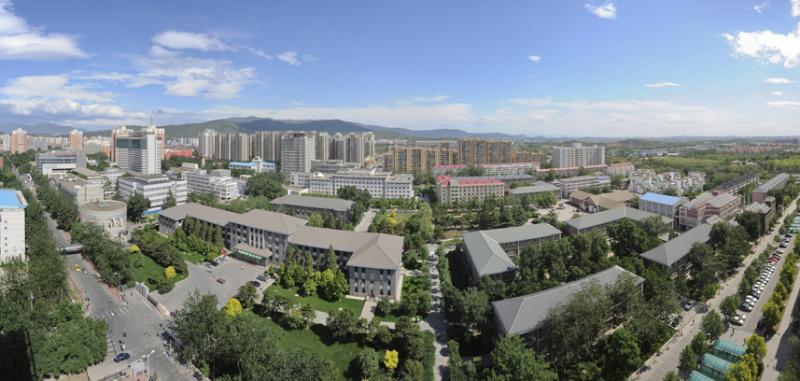
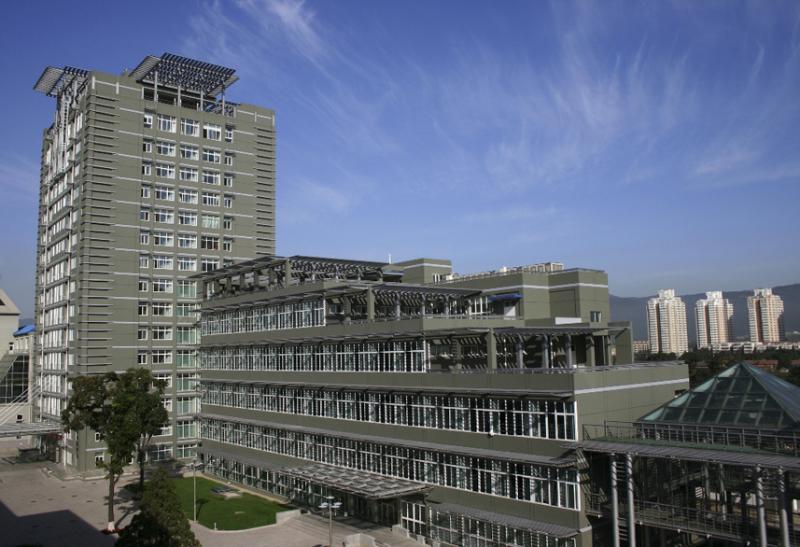
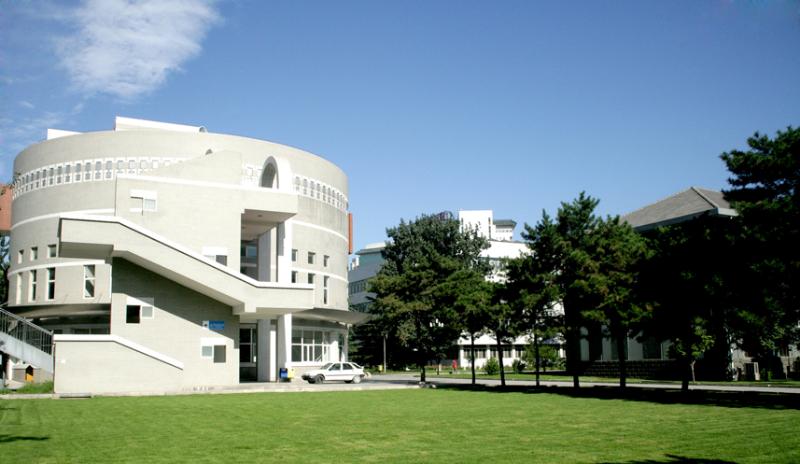
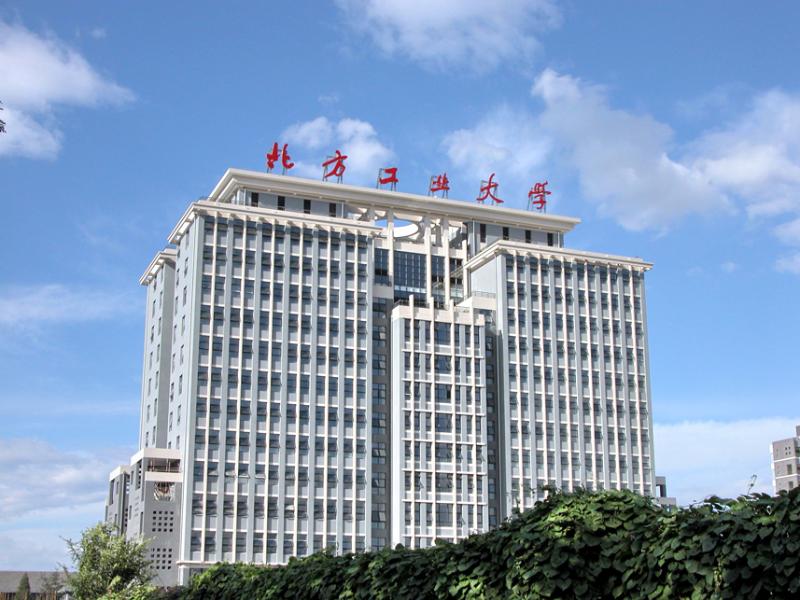
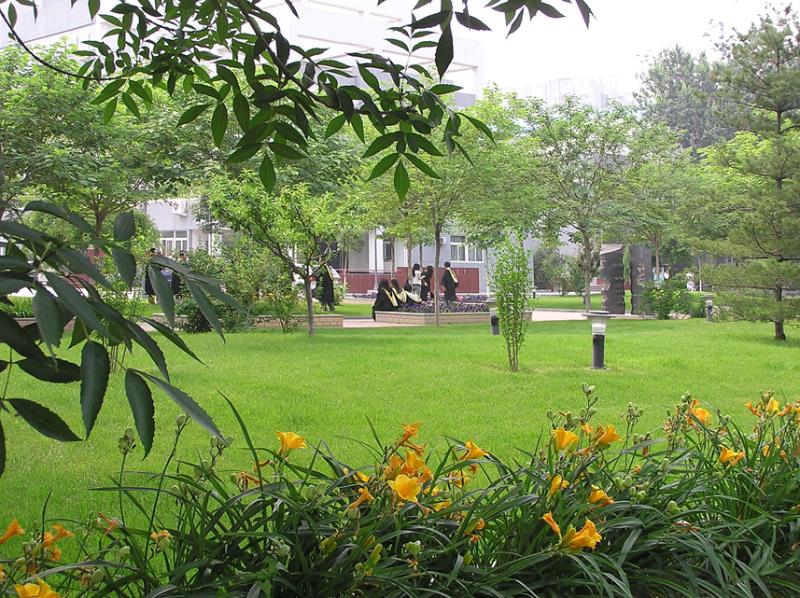
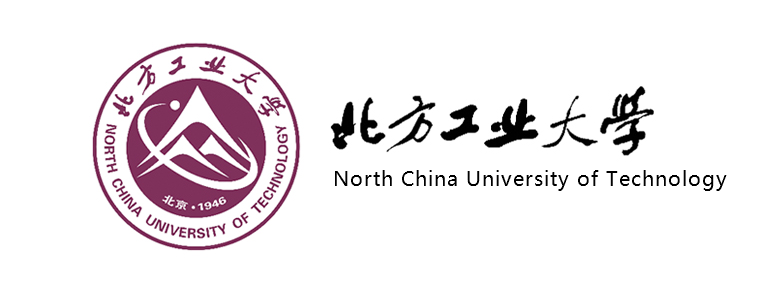
North China University of Technology
-
Four Seasons Hotel Guangzhou
Four Seasons Hotel Guangzhou is located in Guangzhou International Finance Center on the 103th floor of Zhujiang New Town, the financial center of Guangzhou, at the top of this modern landmark.
Views: 236 Time 2018-12-16 -
Nangongshan National Forest Park
Nangongshan National Forest Park, located in Langao County, Ankang City, Shaanxi Province, is a branch of Hualongshan Mountain of Daba Mountain System, 33 kilometers from the county seat
Views: 215 Time 2018-12-27 -
White Horse Temple Baima Temple
Baima Temple is located in Baima Temple Town, Luolong District, 12 kilometers east of the old city of Luoyang City, Henan Province. Founded in the eleventh year of Yongping in the Eastern Han Dynasty
Views: 218 Time 2019-01-02 -
Yanmenguan Scenic Area
Yanmenguan Scenic Spot is located in the northern part of Daizhou ancient city. South-controlled Central Plains and North-controlled Moyuan are grand military defense projects of ancient Chinese passe
Views: 157 Time 2019-03-01 -
Fried egg with Longan
Oyster with longan is a dish name. Its raw materials have certain medicinal effects of traditional Chinese medicine and have medicinal effects on human body.
Views: 280 Time 2019-03-24 -
Dai nationality Zhang ha
Dai Zhangha, also known as "Zanha", is a traditional form of Dai folk song, which is spread in Xishuangbanna Dai Autonomous Prefecture in the southern border of Yunnan Province and Dai villa
Views: 138 Time 2019-04-24 -
Hui Nationality Medicine
Hui medicine is the product of the combination of Chinese traditional medicine and Arab-Islamic medicine. Arabs began to develop science and culture when other European countries had not yet separated
Views: 329 Time 2019-05-04 -
Lu Opera
Luju opera, formerly known as "pour seven operas", is commonly known as "small opera", "prayer and sacrifice opera", "small pour opera", "small barbaric op
Views: 155 Time 2019-05-15 -
Legend of Su Dongpo
The legend of Su Dongpo is a group of traditional folklore stories evolved from the story of Su Shi, a great writer in the Northern Song Dynasty.
Views: 178 Time 2019-06-16 -
Cai Lun
Cai Lun(?-121 years ) Zhong Zhong, a member of Guiyang County in Eastern Han Dynasty. Emperor Ming of Han Yongping entered the palace in the end, Zhang and two years (AD 88). Cai Lun was promoted to t
Views: 323 Time 2019-09-06 -
Cao Zhang
Cao Zhang (189 years - 223 August 1st), Zi Zi Wen. Pei Guo Qiao County ( Anhui People in Bozhou. Three countries period the Wei state of the Three-Kingdoms Period Imperial clan, general, Wei Wu Di Cao
Views: 184 Time 2019-09-15 -
Guangan science and technology
In 2019, 16 new high-tech enterprises will be cultivated in Guang'an City, 107 of which will be put on record by the Ministry of science and technology. One provincial high-tech industrial park, one provincial engineering technology research center and two
Views: 359 Time 2020-12-19
